Show Transcript
As this will be one of the professions many new players gravitate toward, here’s a quick overview of the mining profession. It was one of the first career design documents published and is supposedly representative of their philosophy for all careers. Which is that career associated tasks contain activities that require skill, dext, rity and intelligence, where mindless repetition or idle monitoring are explicitly avoided.
This is after all, deep space and although a career isn’t combat oriented there’s danger present. In the case of mining, the more valuable materials will reside in dense asteroid fields that must be piloted through without suffering serious damage to your ship. While mining, you can encounter compressed pockets of gas and other volatile materials that can explode in the presence of excessive energy or detonate from seismic activity. In other words, this isn’t an auto-pilot profession and careless players can die.
IN THE BEGINNING
Visiting your local Trade and Development Division (TDD), which serves as the marketplace for commodities, can provide a sense of what’s in demand, at what price and where. Once you’ve decided on what you want to attempt to mine, it’s time to decide between going freelance or acquiring a contract for those materials from a NPC run corporation.
There are benefits and risks of working freelance. On the good, you are your own master. You set your mining schedule and pace. You may be able to sell your cargo for a higher than average price based on market changes. However, the opposite is also a risk. By the time you return with your cargo and list it for auction, the prices may have decreased.
If a committed payout is preferred, working on contract is the better option. You know exactly how much you will be paid for your cargo. However, this isn’t completely without risk. If during the excursion your ship suffers damage OR unforeseen setbacks delay your return or reduce your cargo, your reputation will take a hit. In the end, you are paid less than you expected because of your performance and that performance has a lasting impact on future employment.
LOCATING THE RIGHT ASTEROID FIELDS
After deciding between freelance and contract, it’s time to locate asteroids that contain the materials you seek. Every solar system will contain a variety of public information on major asteroid fields. It’s probably best to head into the known when you’re starting. However, don’t expect to find the more lucrative materials there. If they existed in that location, they’re likely long gone. However, it’s still a good place to start mining common materials.
Freelancers wanting to maximize their profits can opt to spend money on an Information Broker. This is someone who has knowledge about asteroid fields which aren’t public. They either bought the information from someone else or obtained the coordinates through exploration and are using that information to provide a service.
Lastly, you can explore the galaxy yourself. This will be the most time-consuming approach and not likely to be feasible for contract work that contains deadlines. However, combined with an emphasis on exploration, a freelancer could turn an excellent profit by harvesting from isolated/unknown locations and/or selling the information to an Information Broker. You could also be an explorer and information broker yourself but we’re here to talk about mining. *Smile*
GETTING THE JOB DONE
Mining consists of multiple roles, and is done using a ship configured for mining, such as the Orion. The more proficiency you have with performing a role the more efficient the results, which ultimately impacts effort versus profit. Note that any or all of these roles can be performed by NPCs. The NPC’s proficiency will be commensurate with their fee.
As for solo play as a miner, the design document leads me to believe that it’s not possible to mine completely solo – without players or NPCs. Roles that happen sequentially can be carried out by the same person. However, there are activities that take place simultaneously and as such, require multiple bodies.
The pilot is responsible for safely navigating the ship to and within targeted asteroid fields. This may not be as simple as it sounds. Rarer materials will be located in dense fields which require nimble navigation skills to avoid costly ship damage.
A scan operator is responsible for identifying an asteroid’s composition. This is accomplished by injecting remote material analysis packages (RMAPs) into nearby asteroids. The telemetry data is sent to the pilot and scan operator. Once a site is selected, the optimal injection orientation is displayed. The scan operator launches and manually controls RMAP-equipped missiles used to impact the asteroid at the correct location to expose the materials you want to mine. Actual mining efficiency is impacted by the accuracy of the scan operator’s efforts to expose the asteroid’s components.
Next up is the beam operator who is responsible for wielding the mining beam affixed to the ship’s robotic arms. They have direct control over beam output and if they’re good, are able to precisely extract materials. Their control of the beam is also critical to safety, as an injection of surplus energy into volatile materials can cause explosive chain reactions. The result of such a mistake can range from ship damage to the loss of the ship and its crew.
The cargo operator is the sifting and pick-up role. Mined materials are NOT automagically deposited into your vessel. The cargo operator monitors the fragments being excavated by the mining beam and interrogates them using an integrated Fragment Scanner. Fragments of interest are directed into a ship’s input port. The input port houses a crusher that pulverizes the fragments into rubble and stores the contents into cargo modules. The skill of this person also impacts the value of your payload. They can miss important fragments or be so slow that they impact your efficiency, putting you behind schedule for contract deliveries.
If your ship is equipped with a refinery, the refinery operator will process raw ore into its purified forms, ejecting waste elements out into space. Purified materials consume considerably less storage space which allows your operation to continue for extended periods of time before it becomes necessary to dock and unload.
Whew, that’s more involved than the mining I’ve done in other games such as EVE Online. I have no intention of mining in Star Citizen. Even in this interactive model, there are other things I’d rather do to earn a living. However, I’m sure this is going to appeal to a lot of people which is why I wanted to provide a short overview of the mechanics involved. Here’s a link to the design document for a more detailed look at the profession.
YOU MIGHT ALSO LIKE:

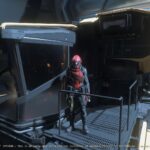


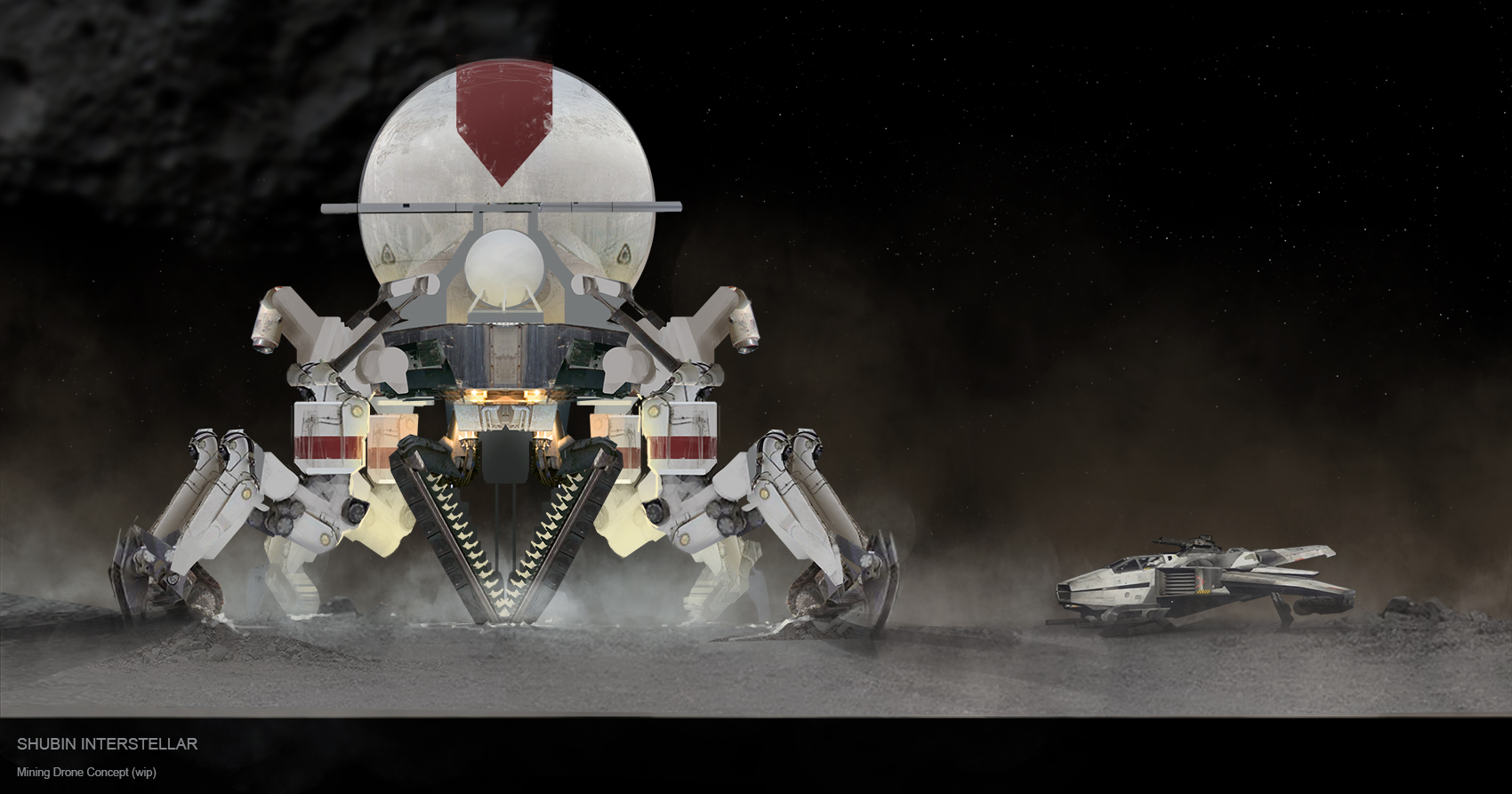

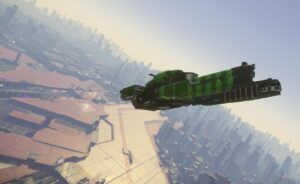
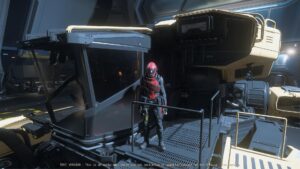
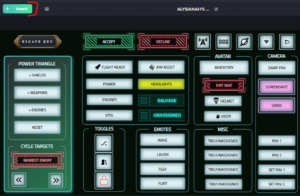
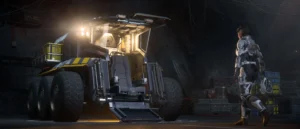
More Stories
Adventure in Salvaging
3.18 PTU Salvage
Create Your Own GameGlass Shard!